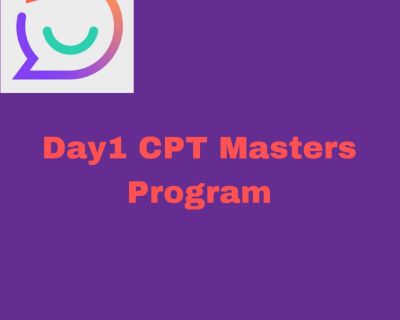Introduction
In recent years, the allure of studying abroad has captivated the hearts of millions of students worldwide, with Canada emerging as a top destination. Renowned for its multicultural society, high-quality education, and breathtaking landscapes, Canada is a dream for many aspiring students. However, securing a Canadian study visa entails meeting certain parameters, notably proficiency in the English language. Among the various language tests available, the International English Language Testing System (IELTS) plays a pivotal role due to its global recognition and stringent evaluation standards.
Understanding IELTS
What is IELTS?
The International English Language Testing System (IELTS) is one of the most trusted and widely accepted English language proficiency tests worldwide. Jointly managed by the British Council, IDP: IELTS Australia, and Cambridge Assessment English, IELTS has been assessing English proficiency since 1989. The test is structured into four sections: Listening, Reading, Writing, and Speaking, each designed to evaluate different skills essential for academic and everyday communication.
Why IELTS is Preferred
- Widely Recognized: Compared to other proficiency tests like TOEFL or Duolingo English Test, IELTS is widely accepted by Canadian educational institutions and immigration authorities.
- Comprehensive Evaluation: The test’s format covers all four language skills, providing a thorough assessment.
- Academic and Immigration Focus: IELTS offerings, such as IELTS Academic and IELTS General Training, cater to both academic environments and immigration requirements.
The Significance of IELTS for Canadian Study Visas
Canada’s Language Proficiency Requirements
When applying for a Canadian study visa, language proficiency is a critical component. Canadian immigration authorities require proof of English or French proficiency to ensure that incoming students can thrive in their academic programs. IELTS not only facilitates the visa application process but also enhances a student’s ability to integrate either into academic life or society at large.
IELTS Score Requirements for Canadian Institutions
- Undergraduate Programs: Generally, Canadian universities and colleges require a minimum overall band score of 6.0, with no band less than 5.5.
- Postgraduate Programs: Oftentimes, the requirement is higher, with most institutions expecting a score of at least 6.5, with a minimum of 6.0 in each section.
Why It Matters for Indian Students
Growing Number of Indian Students in Canada
The trend of Indian students pursuing higher education in Canada has seen a significant rise. According to recent statistics, thousands of Indian students choose Canada every year due to its reputable institutions and post-study work opportunities. Canada’s appeal lies in its welcoming attitude and diverse cultural landscape, which resonates with many Indian students seeking an inclusive environment.
IELTS as a Gateway for Indian Students
For Indian students, IELTS scores are crucial in making their application stand out amidst stiff competition. Moreover, high IELTS scores can also provide leverage when applying for scholarships, further lightening the financial burden of studying abroad.
Preparing for IELTS: Tips for Indian Students
Starting Your Preparation Early
- Early Bird Advantage: Familiarizing yourself with the test format well in advance allows ample time for preparation and improvement.
- Structured Study Schedules: A disciplined study schedule can track progress and focus on weaker sections.
Utilizing Online and Offline Resources
- Online Platforms: Leverage platforms like British Council’s online courses, which offer practice tests and resources.
- IELTS Coaching: Joining an IELTS preparation class can provide personalized feedback and a community for sharing insights and strategies.
Practice and Persistence
- Regular Practice: Regular practice is essential for improvement. Peer reviews and mock tests can help in tracking performance.
- Skill Improvement Techniques:
- Listening: Engage with podcasts and TED Talks.
- Speaking: Participate in speaking clubs or practice with friends.
- Reading: Read varied materials, such as newspapers or academic journals.
- Writing: Write essays and get them reviewed by tutors or peers.
Alternatives and Additional Language Testing Options
Other Accepted Language Tests
- TOEFL, CAEL, CELPIP: Depending on the institution’s specific requirements, these tests might also be accepted.
- Considerations for Other Tests: Weigh options based on test location convenience, format preference, or specialization in test categories.
IELTS Waivers and Exemptions
- Waivers: Some institutions offer waivers based on previous education mediums or other credentials.
- Eligibility: Always check if you meet any waiver criteria to potentially bypass the IELTS requirement.
Conclusion
In summary, the IELTS exam is a fundamental stepping stone for Indian students aspiring to study in Canada. It not only meets visa requirements but also enhances academic and social communication skills crucial for success abroad. By embracing the challenge of IELTS and adequately preparing for it, Indian students can unlock myriad opportunities, broadening their academic and professional horizons.








